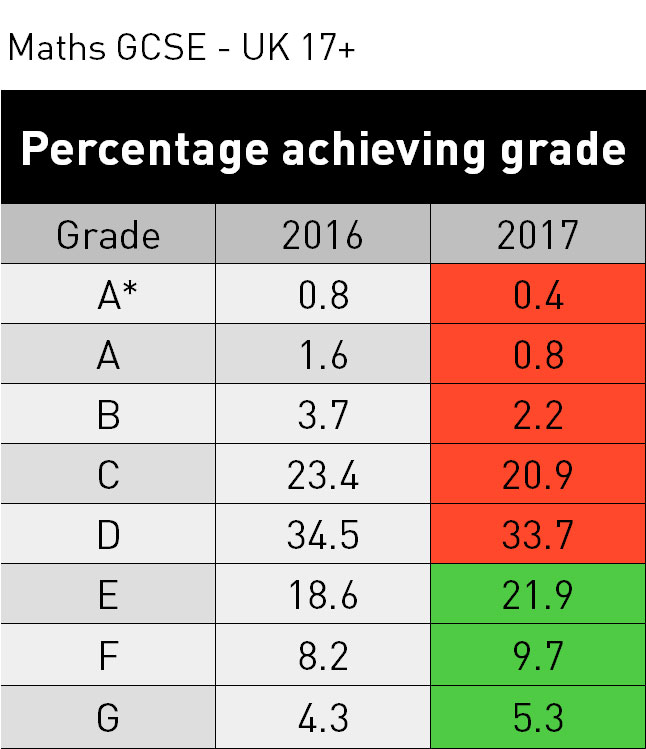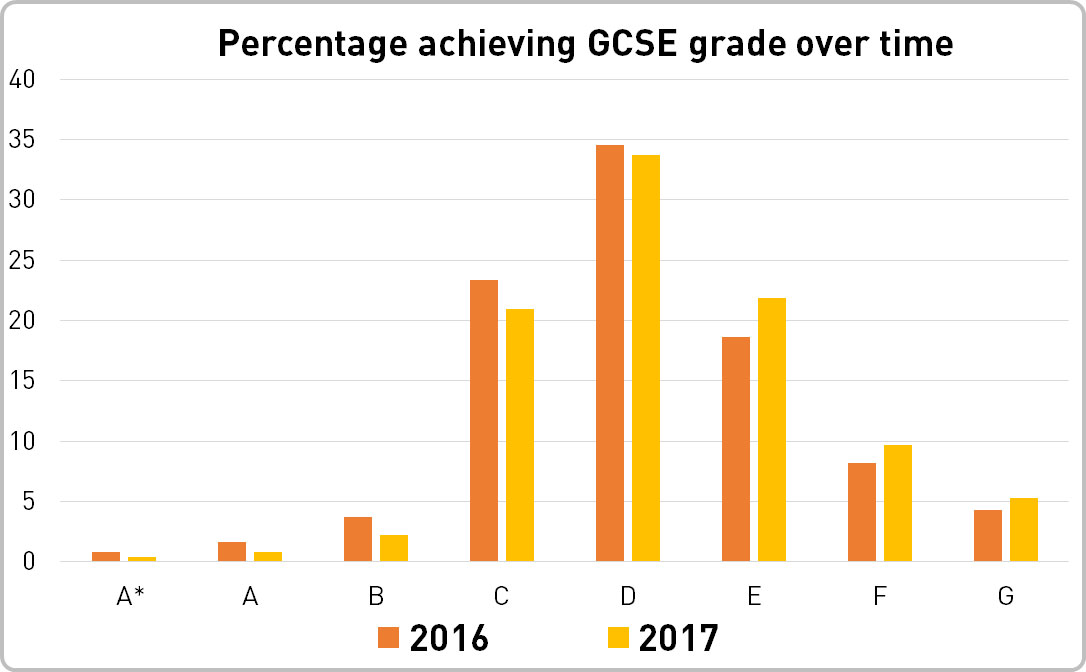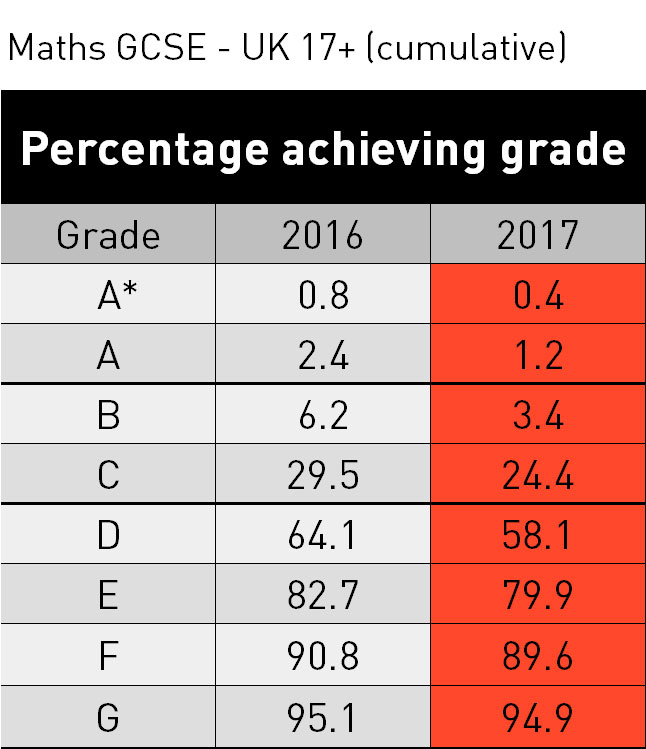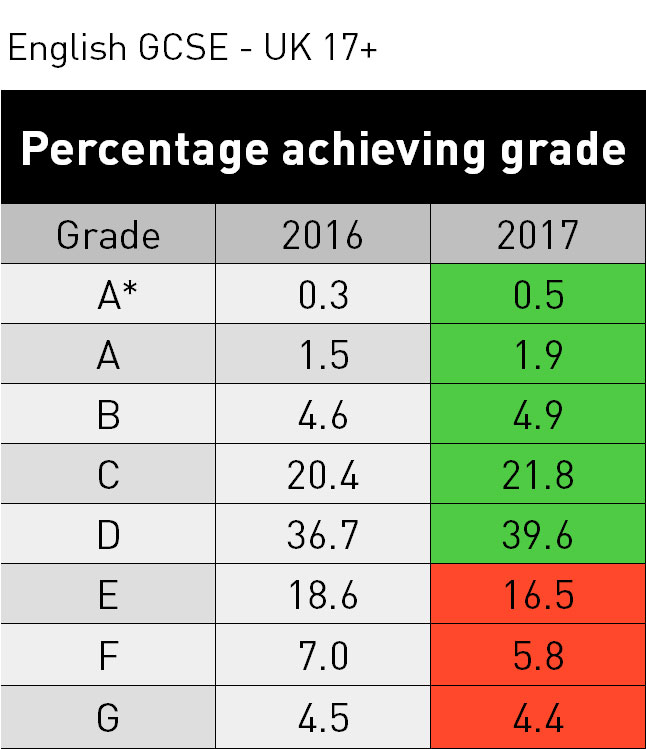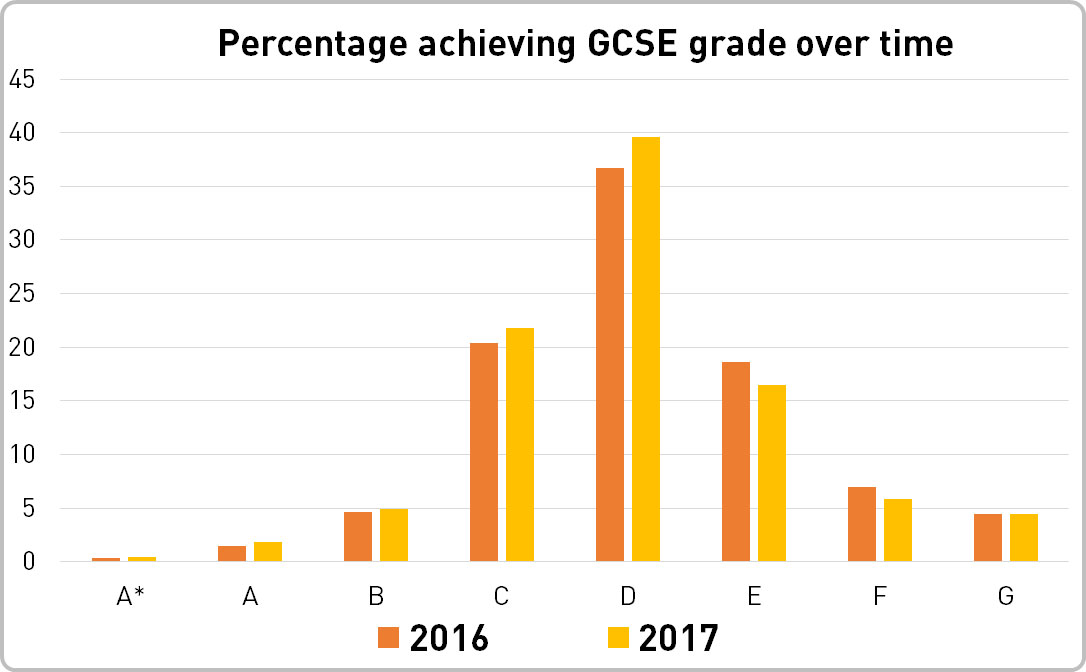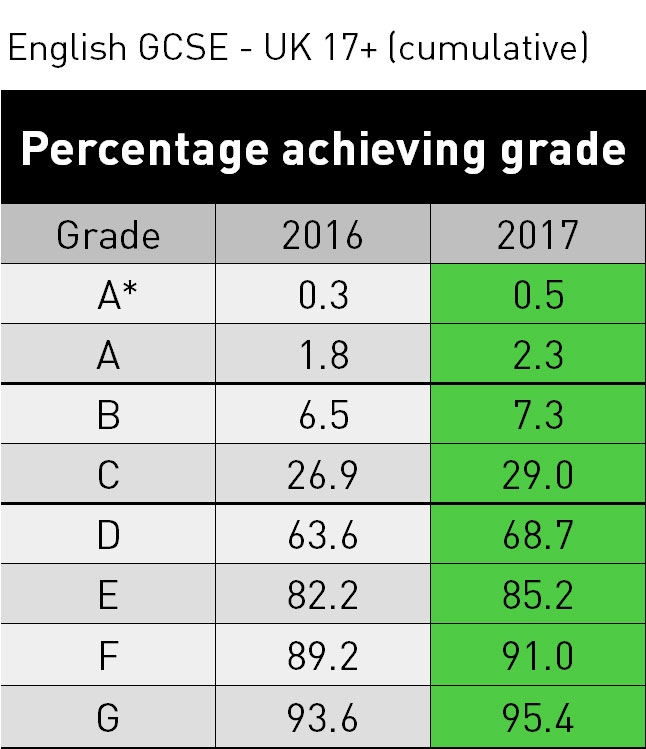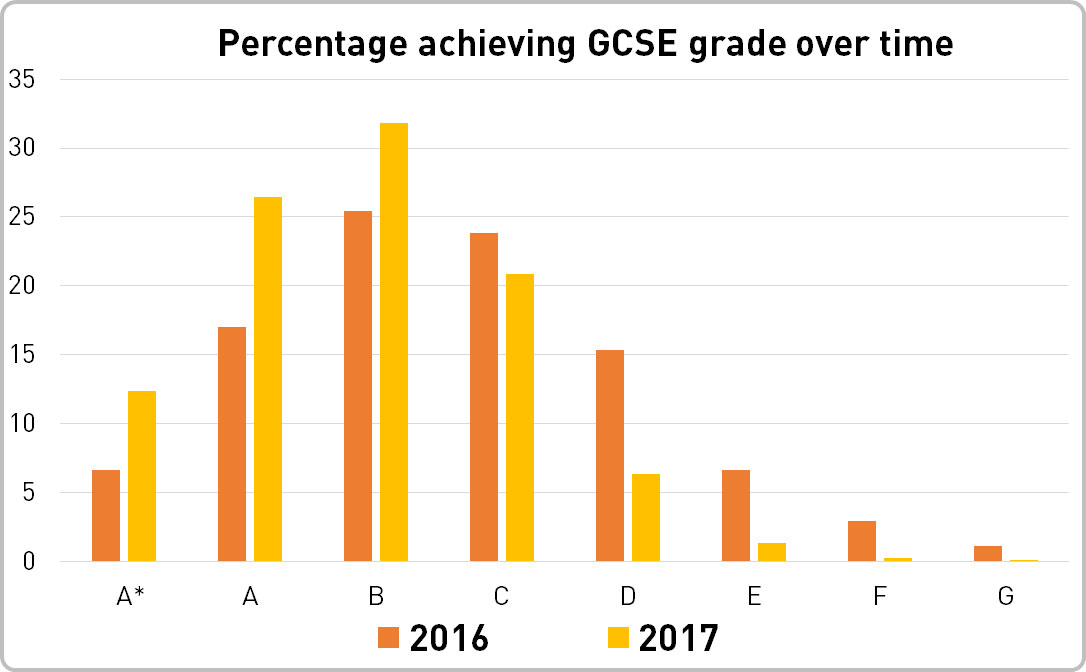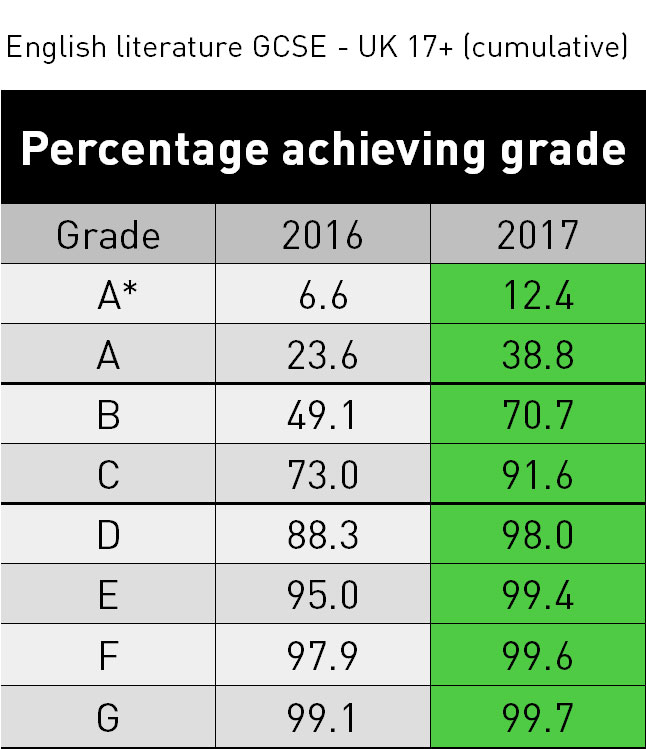A legal challenge brought against the government by the Association of Colleges over the opening of a small-school sixth form last year has cost the tax payer over £75,000, FE Week can reveal.
According to a Freedom of Information we submitted to the Department for Education in July, it paid out a huge £60,000 for the AoC’s legal costs when the case was dropped before it made it to court, on top of almost £16,500 in its own legal fees.
The AoC joined Havering Sixth Form College to launch a challenge in the High Court in September last year against a decision to fund a new sixth form at Abbs Cross Academy and Arts College in Hornchurch, Essex, its first judicial review against the government in more than a decade.
It claimed that Tim Coulson, the regional schools commissioner for the east of England and north-east London, failed to follow the government’s own rules on new sixth forms when he approved the request from the Loxford School Trust, which took over Abbs Cross in February 2016.
These rules state, for example, that sixth forms should only be created in schools which expect to enrol 200 students or more.
They should also have been graded ‘good’ or ‘outstanding’ by Ofsted, offer a full programme of at least 15 A-levels, and not impose a financial burden on the rest of the school.
The AoC agreed to a settlement with the DfE on November 1, 2016, the very day the hearing had been due to take place at the Royal Courts for Justice, after the government conceded at the last minute.
Loxford School Trust then withdrew its application for the new school sixth form, while the government withdrew its former approval.
FE Week understands that AoC chief executive David Hughes subsequently met with Sir David Carter, the national schools commissioner, to discuss the policy on opening small-school sixth forms.
He told FE Week that the review had been taken “on the basis of principle”, because the DfE was agreeing too many “non-viable” school sixth forms, which were either too costly or which compromised too much on quality.
“We’ve always believed that the guidance was not being applied rigorously enough and that case proved it to us,” he said.
“Since then we have been working with officials. It has been frustrating because it’s taken a long time … but it does now look as though ministers are considering how to strengthen the guidance and the procedures.”
“The lengths that the DfE and education ministers will go to to use taxpayers’ money to defend the indefensible is quite startling and extremely worrying,” said Mary Bousted, the gal secretary of teaching union ATL.
“It was obvious from the outset that the DfE would lose this case. It was just pure brinkmanship to allow the case to run right up until the day before and if ministers and the DfE had at any point had any confidence that they had a case then that case would have been heard in court.
“That is £76,000 of taxpayers money which will not be spent on the purpose for which it should be spent, which is educating children and young people.”
The sector has witnessed a number of legal challenges this year, though the recent scandal enveloping Learndirect, the country’s largest FE provider, stands out.
On August 14, FE Week reported that Learndirect had lost a High Court bid of its own to quash an ‘inadequate’ Ofsted rating, putting more than 1,600 of its staff at risk of losing their jobs.
Learndirect failed to overturn the report on August 4, and Ofsted’s findings were finally published on August 17 – a mere five months after the inspection took place.
The provider has also lost its application to appeal, with the judge awarding costs to Ofsted. The watchdog is currently assessing its situation and will reclaim costs in full from Learndirect in due course.
Despite repeated efforts to obtain a response from the DfE, it had still not responded at the time of publication.

